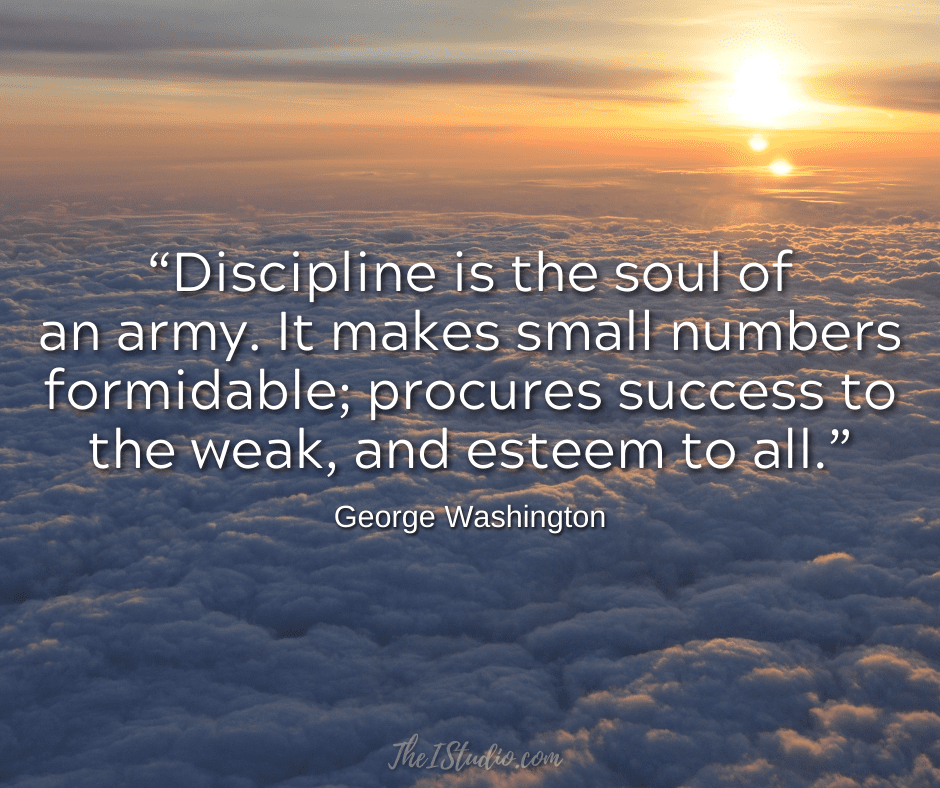Working from Home Best Practices

I’ve often been asked to share what has worked for me when working from home and balancing all that goes with it. So here we go!
Many folks now have decided they prefer to work from home. I get it — it’s a crazy world out there — not to mention the traffic and cost of gas.
Then there are those doing so for the first time — or thinking about what it would be like. They’ve never done it, aren’t set up for it, but want to ensure it is a productive experience.
What if you’ve never worked from home before or not on a full-time basis? It can be an unsettling and frustrating experience to start. But, the good news is that all it takes is the right mindset and some organization to keep you on track and your workflow producing.
My Work-at-Home Journey
What is happening today may change how we all do business moving forward. And I’m surprised it took a virus to make it happen. So, let me share why I believe this is the case.
I have worked out of my home office for over two decades now. However, I had my own office, not in my home, for several years initially. This was primarily because the Internet and Web were so new that meeting with me in person and having a physical location helped instill trust.
Here’s how it went…
Going Virtual Makes Sense
When you work at home, you will lose those social connections you enjoy when “going to work.” So think about how significant those interactions are to you, whether with the folks you know at the coffee shop on the way to work or your coworkers. Schedule a few slots a week to reconnect with those you miss in person for lunch, by phone, or by video (Apple’s Facetime, Zoom, Skype).
Virtual work environments will become more commonplace and, therefore, accepted. As a result, businesses will discover they are also more cost-effective (with the right employees). Being that type of employee will enhance your career opportunities.
Employees will discover the added benefit of a better quality of life (no commute time, traffic, expensive wardrobes) and seek virtual opportunities. Win-win.
Working from Home = Discipline & Mindset
Your ability to succeed at working remotely will be proportionate to your level of discipline. It also will reflect on you as an employee (or contractor), your work ethic, and that your employer can trust that you will get the job done.
This also applies to those setting up side hustles to make ends meet. Or even possibly start their own online e-commerce venture.
Most incorrectly surmise that working from home means you can stay in your PJs, get up in the morning when you feel like it, watch TV, and more or less work less. While some can make that approach work, most successful people do not.
Indeed, working from home will provide a more flexible environment. However, this does not negate that you are responsible for your workload. So yes, I may take a break, run an errand, or walk my pup. But all in all, I put in a solid workday—plan on doing the same.
If you want to succeed at working from home, creating and sticking to a daily schedule can make your virtual work arrangement one that benefits you (and your employer).
Have a daily work-at-home schedule.
This is what has worked for me.
Take a break if you need one. Walk around the yard, go outside, sit on your porch or patio for 15 minutes, and just take in your surroundings. Breaks allow you to refresh and clear your head.
I love what I do, and I work at it all day. Working from home will come naturally when you have a solid work ethic. This is where your discipline will make or break your work-at-home experience.
Working at Home for Newbies
For those new to working at home, go into it assuming you will put in a full 8-hour day. As I have, you will want to create a regular schedule that works for you. And then stick to it.
Your employer will likely have guidelines and requirements, including check-ins and productivity goals, that they’ll advise you of. Then, do not hesitate to ask for the tools, software, or resources you discover you need to meet those goals.
Similarly, your employer may be new at this virtual thing, too, and your constructive input will be critical to making this transition work for everyone. Both sides must be flexible until processes and procedures solidify as the dust settles.
Know that your employer will expect you to accomplish as much, if not more, than when you go into the office. Working from home does not mean less work.
Managing Business Work Email at Home
Usually, your work email is on your work PC when you leave the office, and you won’t check it until you return. Now that you work from home, you’ll want to set up your work account to use it from your home device.
Discuss with others at home and set guidelines about your workspace and interruptions. Of course, there will be frustrating moments while you work out the kinks — expect that. But be flexible and patient until you figure out a system that works for everyone.
Increased Email Volume
You may likely be emailing more than you ever have before. If you are not in person with those for no other reason than that, you usually will communicate within the office.
This means your email communication skills will be even more critical to clarity in your communications. Including avoiding any unnecessary misunderstandings. Here are the basics to start.
Consider acquiring a copy of my Business Email and Technology Etiquette eBook. Become the epitome of professional business communications at a time when it will be essential to your job performance.
Keeping Focused
If you do not have a designated home office, create a little corner in your home that you dedicate to spending your work time. Sitting on the couch with your laptop and TV impairs efficiency and productivity.
Consequently, you will want to eliminate any distractions that can lead to you not paying attention or making errors. This means you let those who may also be at home know that you are working and appreciate not being disturbed while in that space.
By keeping a schedule, setting goals, and designating your “space,” you set yourself up for success. Then, be flexible as you determine what will work best for you and your employer.
Being you do not have to commute or have in-office distractions; you will probably discover that you are more productive than ever.
At your service,





